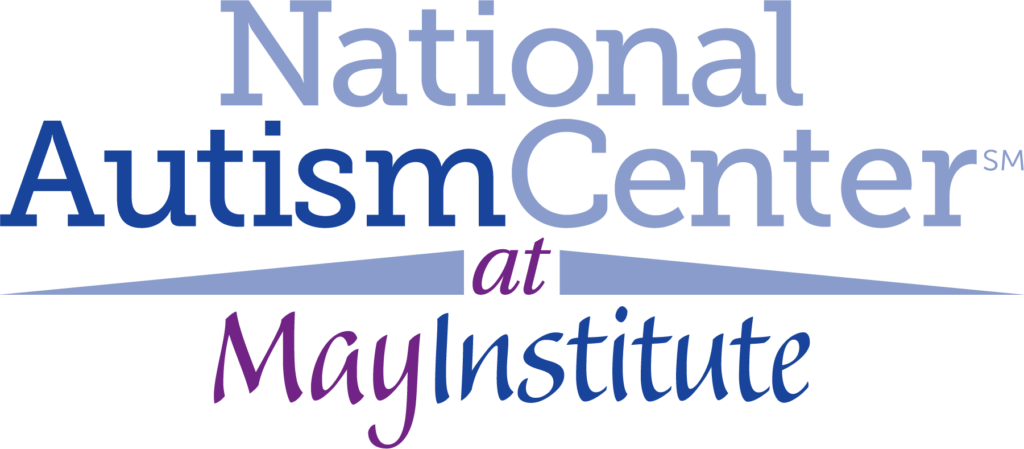Recent posts
A Closer Look at Autism: 30 Days, 30 Topics
MEDIA RELEASE
Randolph, Mass.—Anyone can search the Internet for “autism treatment” or “autism cure” and get hundreds of thousands of hits. Faced with a barrage of often-conflicting information, how do you know where to begin?
During this Autism Awareness Month, it is important not only to raise awareness, but also to offer scientifically sound information that families and others can use to make life better now for people on the autism spectrum. Knowledge is power.
“The numbers – at least one million U.S. children have autism, not to mention the rapidly growing population of adults with autism – are staggering,” says Lauren C. Solotar, Ph.D., ABPP, May Institute President and CEO, and President of the National Autism Center. “It has never been more critical to get credible information, resources, and treatment into the hands of families, enabling them to make time-sensitive, well informed decisions today.”
Drawing from the vast range of expertise and knowledge of the dozens of clinical experts at May Institute and its National Autism Center, we offer the following 30 articles about autism and related special needs from our library of resources, written in accessible and practical language. They provide important information on a range of topics including diagnosis, early intervention, effective treatment, and everyday living strategies for families with loved ones with autism spectrum disorder, from early childhood throughout adulthood.
A CLOSER LOOK AT AUTISM: 30 DAYS, 30 TOPICS
-
- Get the Facts About Autism Spectrum Disorder (ASD)
- How is ASD Diagnosed?
- Functions of Behaviors
- How to Address Problematic Behaviors Associated with Autism
- Evidence-based Practices
- What Does That Mean? Commonly Used Terms Defined, Part 1 and Part 2
- Early Intervention
- Helping a Child with ASD Develop Good Hygiene Habits
- Helping Children with Special Needs – and Their Parents – Get a Good Night’s Sleep
- Making Mealtimes More Manageable When You Have a Child with Special Needs
- Self-care for Adults Who Care for Children with Autism
- Individualized Education Program
- Inclusion: A Difficult Decision
- How to Help Students with Special Needs Avoid Being Bullied or Becoming Bullies
- Sibling Jealousy
- Helping Children With Special Needs Express Preferences and Make Choices
- Children with ASD Can Help Out Around the House
- Tips for Going on Vacation with a Child with Special Needs
- Preparing a Child with Autism for Doctor or Dentist Appointments
- Strategies for Dealing with Public Disapproval
- Keeping a Marriage Together While Raising a Child with Special Needs
- More Kids with Autism Today Means More Adults with Autism Tomorrow
- Tips for Talking to Adults on the Autism Spectrum
- Cognitive Behavior Therapy (CBT) Can Help People on the Autism Spectrum
- Identifying and Treating Anxiety Disorders in People with Intellectual Disabilities
- Psychiatric Care Can Benefit Some Individuals with Intellectual Disabilities
- Positive Behavioral Interventions and Support (PBIS) Can Help Adults With Special Needs
- Self-management Skills for Individuals with Intellectual Disabilities
- Helping Adults with Intellectual Disabilities Get Physically Fit
- Finding the Balance Between Providing Support and Promoting Independence for Individuals with Intellectual Disabilities

